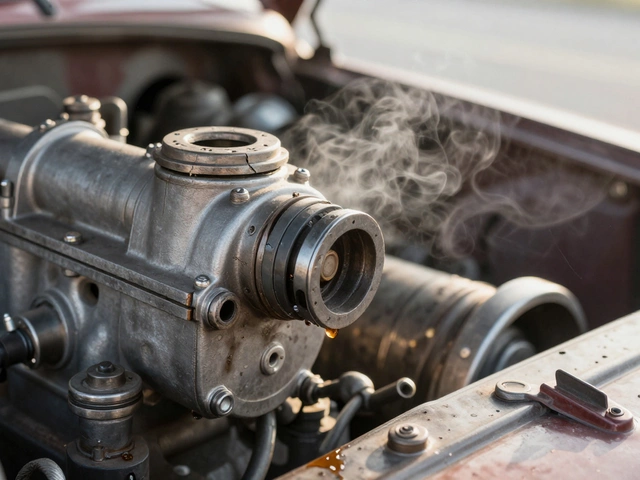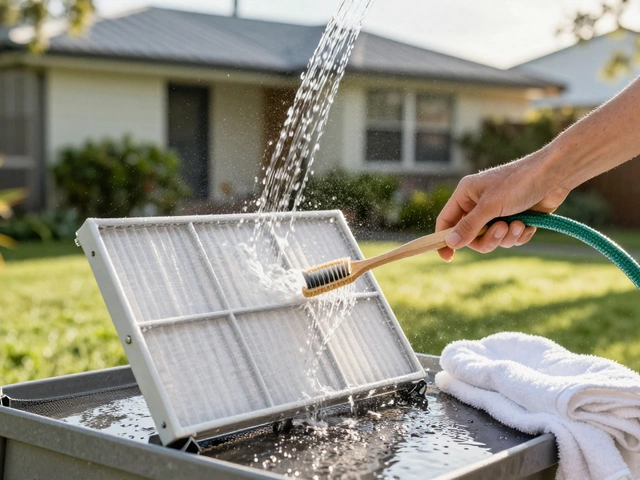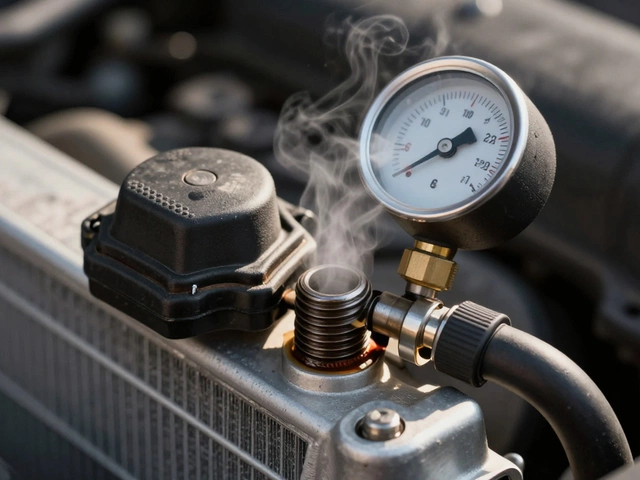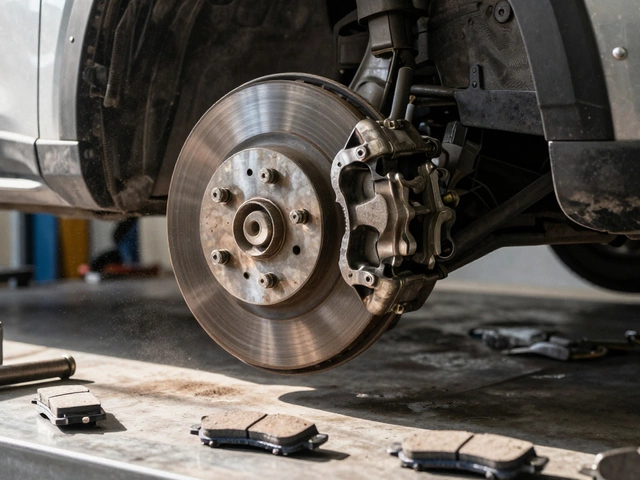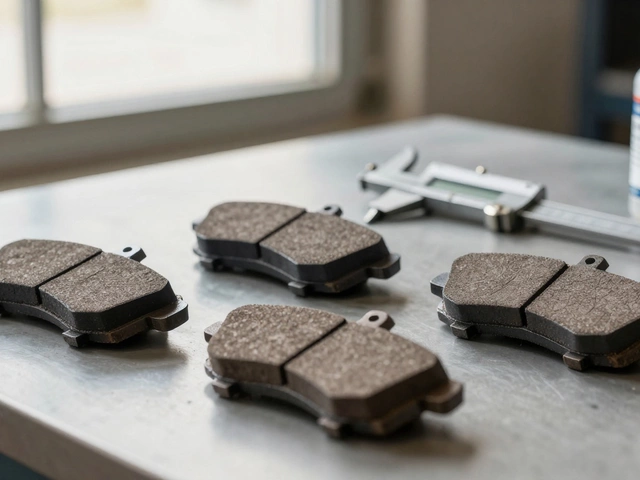Cost to Replace Car Parts: What You’ll Actually Pay in 2025
Getting a surprise bill at the shop is the worst. Want to know how much you’ll spend before a mechanic writes you a quote? This guide breaks down the real numbers for the most common replacements and shows you where you can trim the price.
Common Replacement Costs You Should Know
Below are ball‑park figures for popular parts. Prices can shift by make, model, and region, but the ranges give you a solid starting point.
- Radiator: $400‑$800 for parts plus $200‑$300 labor. Expect a total of $600‑$1,100.
- Brake rotors: $70‑$150 each. A full set with labor runs $300‑$600.
- Brake pads: $30‑$80 per axle. Add $80‑$150 for labor and you’re looking at $110‑$230.
- Exhaust systems (cat‑back): $300‑$700 for the pipe, $150‑$250 labor. Total $450‑$950.
- Clutch kit: $300‑$600 parts, $500‑$900 labor. Full replacement costs $800‑$1,500.
- Battery: $100‑$250 for a standard lead‑acid, $250‑$500 for AGM/Li‑ion. Installation is $30‑$70.
- Suspension components (shocks/struts): $100‑$250 each, $150‑$300 labor per axle.
These numbers are pulled from recent shop invoices, dealer quotes, and DIY estimates posted by owners in 2025. They don’t include taxes or any extra fees for special tools.
How to Save Money on Replacement Jobs
Knowing the price is half the battle. Here are proven ways to keep the cost down without risking quality.
Shop the parts yourself. Many mechanics will let you bring an aftermarket part you bought online. Compare sites like AutoZone, RockAuto, and local salvage yards. A $400 radiator from a retailer can shave $200 off a dealer‑installed job.
Bundle related work. If you need a radiator and a thermostat, ask the shop to do both at once. Labor time overlaps, often cutting $50‑$100 from the total.
Ask for a labor discount. Small independent shops frequently offer a 10‑15% discount for cash or repeat customers. It never hurts to ask.
Consider certified used parts. For non‑critical items like brake rotors or suspension arms, a remanufactured part can be 30‑50% cheaper and still meet OEM specs.
Do simple jobs yourself. Replacing a battery or wiper blades takes under an hour and a few tools. Watching a quick YouTube tutorial can save $50‑$100 in labor.
Finally, keep a maintenance log. Regular oil changes, coolant flushes, and brake inspections catch wear early, so you avoid expensive surprise failures.
When you walk into a shop armed with these numbers and tips, the conversation shifts from “how much?” to “how can we get the best value?” That’s the smart way to handle any cost‑to‑replace question.
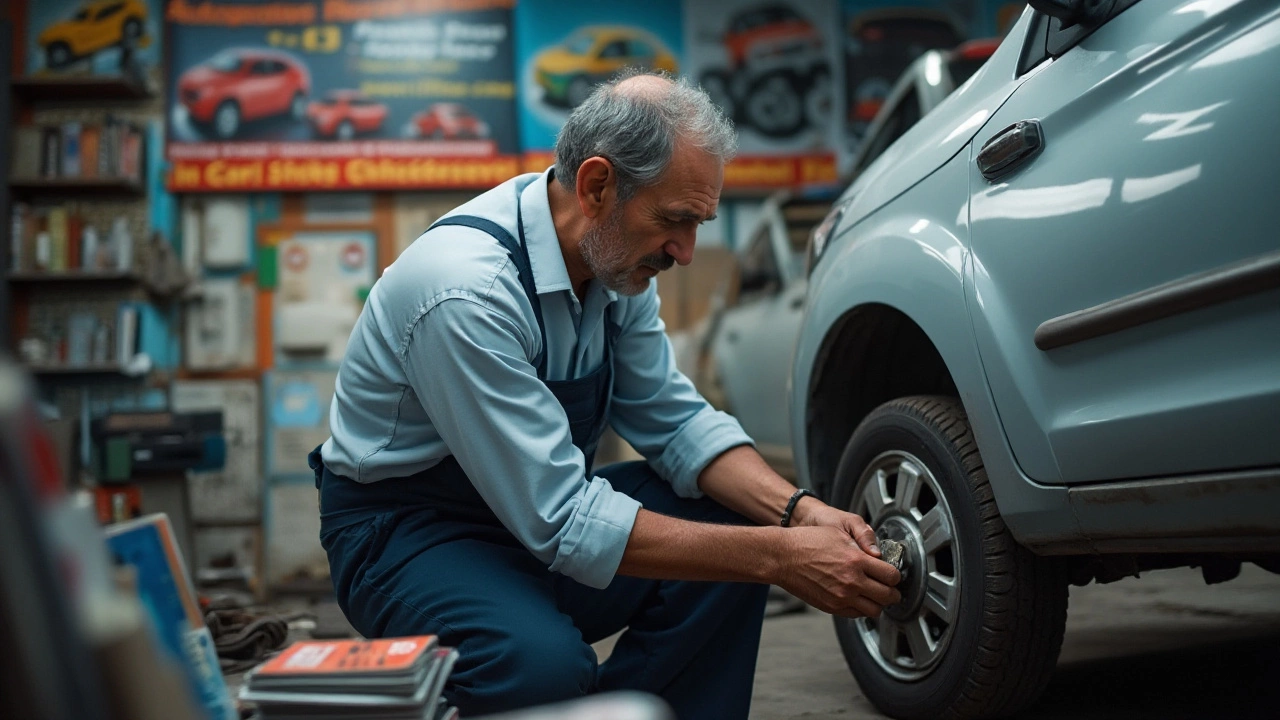
Understanding the Cost of Replacing Brake Pads: An In-Depth Guide
Replacing brake pads is a crucial part of car maintenance, and understanding the costs involved can help you plan and budget effectively. This guide delves into the average costs, factors affecting pricing, and tips to save money without compromising safety. Whether you own a compact car or a larger vehicle, knowing when and how to replace brake pads ensures you maintain optimal performance and safety. Learn about warning signs, the life expectancy of brake pads, and where to find affordable quality services.
CONTINUE READING